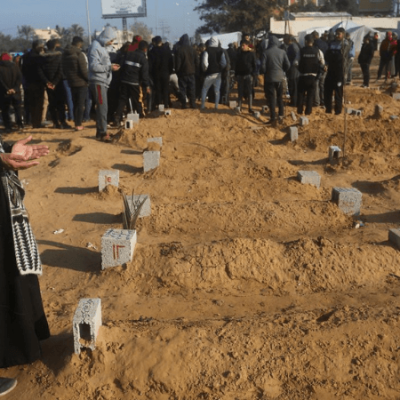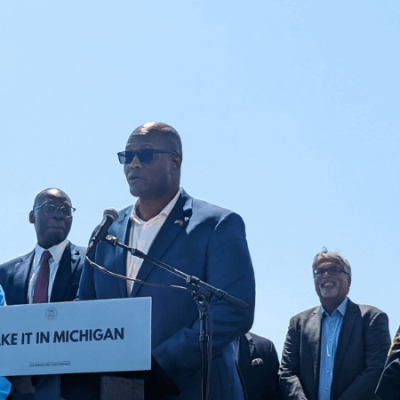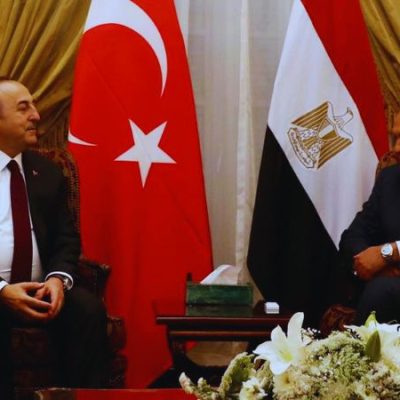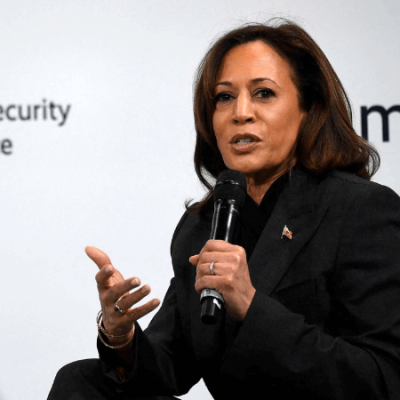Libya: after Serraj, what next?
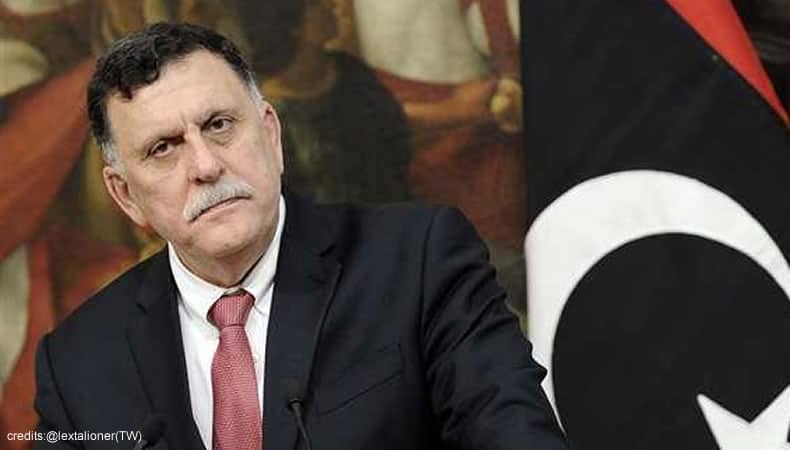
The total-betting on who will take the place of Fayez al-Serraj has begun since the premier anticipated in a speech to the nation, Wednesday 16 September, his desire to leave power no later than the end of October 2020. In this arc of time, the political dialogue committee formed by the House of Representatives, the High Council of State, and a neutral delegation chosen by the United Nations Support Mission (UNSMIL) will have to decide who is to lead the country until the much-desired elections. So, what will the next steps be? Many countries did not welcome the move of the incumbent premier.
Turkish Foreign Minister Çavuşoğlu, in a televised interview, denied allegations of the immediate resignation of Libyan Prime Minister Fayez Sarraj, but said he could leave his post next year for the unity of the country. The Turkish minister added that meetings between Turkish and Russian delegations continue to find a political solution in the war-torn country. “I can say that, today, we had a productive meeting.
Our goal is a ceasefire in Libya. I will not say anything about developments on the ground,”he said, revealing that Turkey and Russia have come close to an agreement on a ceasefire and political process in Libya during their latest meetings in Ankara. Agreement that resulted in the announcement by Vice President Ahmed Maeteeq and General Khalifa Haftar to restart oil production and exports.
“We noted that Al-Sarraj announced his intention to leave his post at the end of October, to pave the way for the emergence of a new executive authority,” the Italian Foreign Ministry said on Friday. Roma indicated that the premier should start negotiations in the framework of the Libyan political dialogue under the aegis of the United Nations. “This is a decision that betrays great responsibility, at a critical stage in Libya’s history,” commented the Farnesina.
The United States also disagreed with Al-Serraj’s decision that, according to his entourage, he should have resigned immediately, only to yield to pressure from the US Ambassador and UNSMIL head Stephanie Williams and allow time until October to finalize the negotiations.
The reference basis for the appointment of the new government remains the Libyan Political Agreement LPA, which in article 4 states that the resignation of the Prime Minister, his death, or the vacancy from his office for any reason whatsoever will entail the resignation of the entire government. In this case, the outgoing government will continue to function as a provisional government, headed by one of the deputies, until a new government is formed.
The House of Representatives will consult with the Council of State in order to reach a consensus on a replacement within a date not later than ten days after the date the post became vacant. This selection will be approved by the House of Representatives.
Starting from this, in recent meetings in Morocco, the participants in political negotiations agreed on the need to establish a separate government represented by a Prime Minister and a Presidential Council formed by a president and two deputies. By the end of the month, we will know whether it will be up to the delegations of the Chamber and the High Council of State to elect these key-figures or whether the task will be entrusted to the Geneva Dialogue Committee, which foresees the participation of three delegations, respectively from the House of Representatives. , High Council of State, and a neutral committee whose members will be appointed by the UN Mission.
According to leaked information, the latter is the way the United States pushes during intense negotiations with the Libyan parties. Delegations also confirmed what had already been stated in the LPA, namely the importance of drafting a permanent constitution for Libya during the transition period that achieves the ambitions and aspirations of the Libyan people towards building state institutions based on the rule of law and respect for human rights.
Given the proliferation of spontaneous movements and new political parties, it seems essential to broaden the political process to the largest number of actors, so that the new government can gather more consensus, avoiding to repeat the mistakes of the past.

